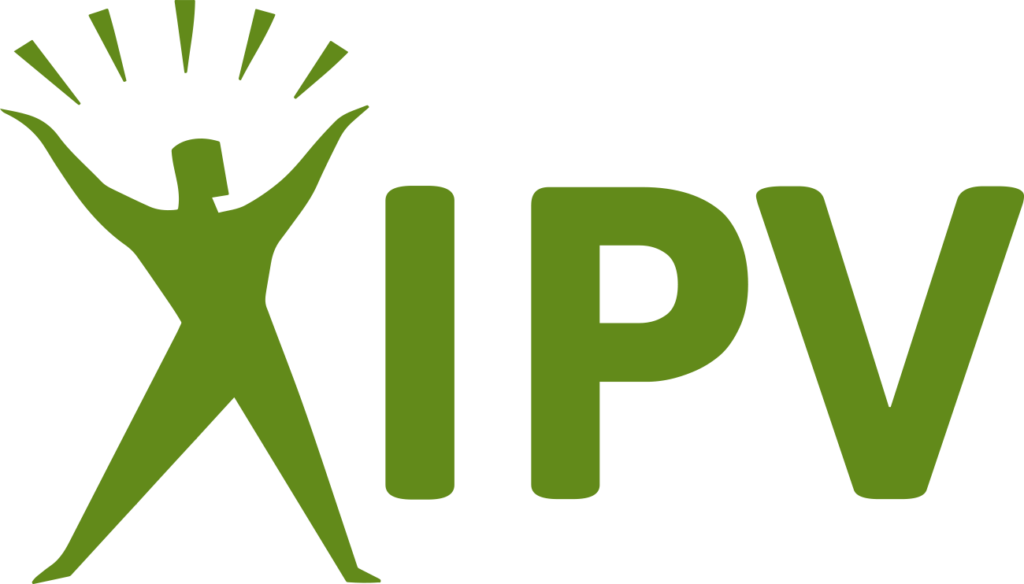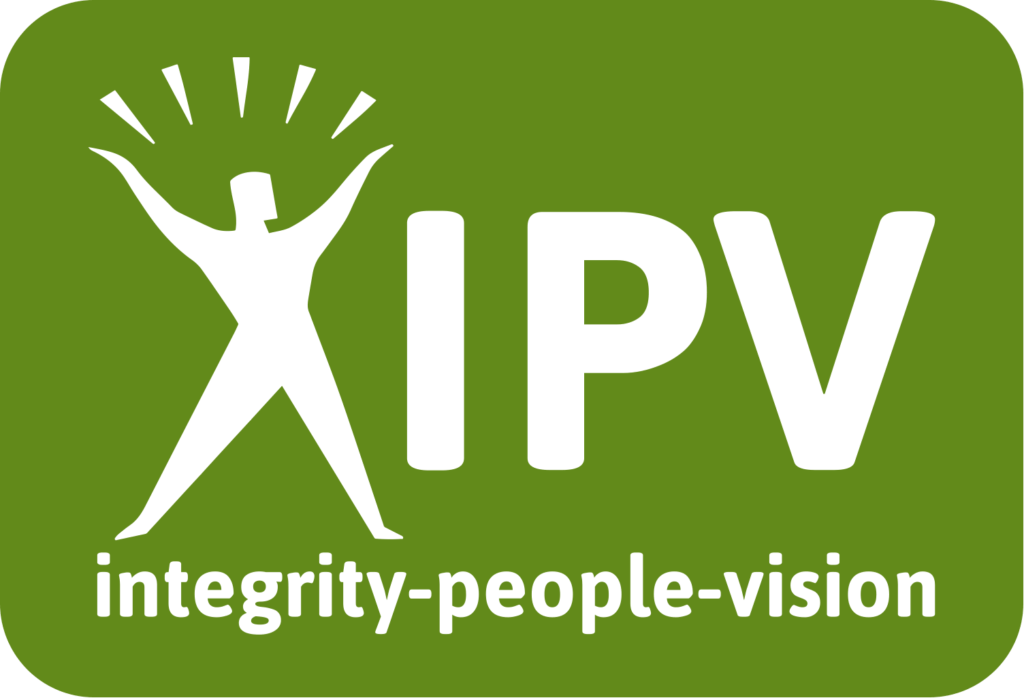STAYING AFLOAT IN A SEA OF DISTRACTIONS
Pinpoint the problem
What causes you to lose focus? Is it fatigue, hunger, calls, emails? Figuring out the issue is the first step toward trying to fix it. Once you know what will distract you, decide how you are going to eliminate or at least minimize the distractions in advance.
Plan ahead
At the end of each work day, take 5 minutes and write down tasks that need to be completed the following day in priority order adding whatever items did not get completed. Looking at your schedule, decide what time frame(s) will work to accomplish these tasks. Setting goals can help people stay on track.
Scheduling
Get in the habit of scheduling the critical tasks alongside of appointments and meetings. Then treat them just as important.
Work offline
One survey found nearly 60% of disruptions at work come from email, social networks and cell phones. So for tasks that don’t involve the Internet, try using old-fashioned paper and pen, better yet, if possible, move away from your desk, if allowed, complete some of your work offsite. Put your phone on silent and check email only occasionally (try once every hour).
Break it down
Some psychologists suggest that our brain works way too hard to process incredible amounts of information. So working on one large project can be overwhelming — like trying to plan a whole event at work in one afternoon. Split up projects into individual tasks so they’re easier to accomplish, and then prioritize each step and estimate the time it will take so you can schedule it in.
Set the timer
Work on one project for a specific amount of time, rather than working until something is finished. (Write emails until 2 p.m., instead of stopping at inbox zero.) This way we know we can work hard until a certain time, and then be able to take a break.
Clear the deck
Anything from Post-Its to pretzels and family photos can become a distraction. Clear off the workspace and have out only what’s needed (laptop, notebook, water-bottle — check!) to help stay in the zone.
Accountability
Ask a co-worker or friend you trust to keep you on track – tell them what you are doing and show them your schedule so they can help you keep the pace you set for yourself.
Reward yourself
A little motivation can go a long way. Say, “After I finish this page, I’ll take a coffee break, buy my favorite snack or take a walk.” Studies show that working too long at something without a break significantly reduces creative thinking.
Wear headphones (if allowed)
It’s a great way to show you’re working on something important and don’t have time to chat. When I need to focus my attention absolutely, I shut out distractions by starting a 50-minute playlist of favorite songs. Since I can’t hear the phone buzz or computer alerts, I can focus my entire attention on the task at hand. When the playlist ends, it’s time for a quick break. Then it’s on to the next project and the next playlist.
Delegate
Sometimes we are so used to handling everything ourselves we have decided unconsciously, that we have to do it all. Examine your task list and decide what HAS to be you and what could be done by someone else. Find an intern to do some filing, data entry or calendaring. Hire a teen to sort or fill out envelopes. Ask for help from a team mate or even a friend or family member who would love to fill a couple of hours.





